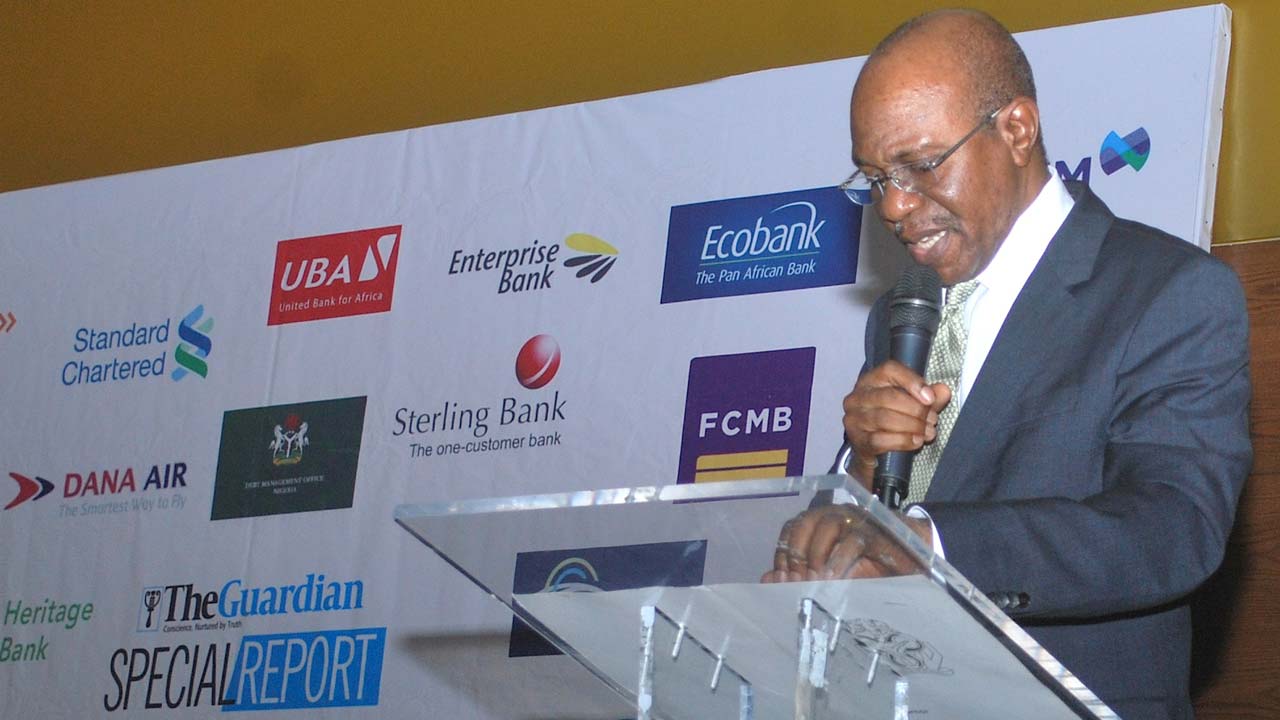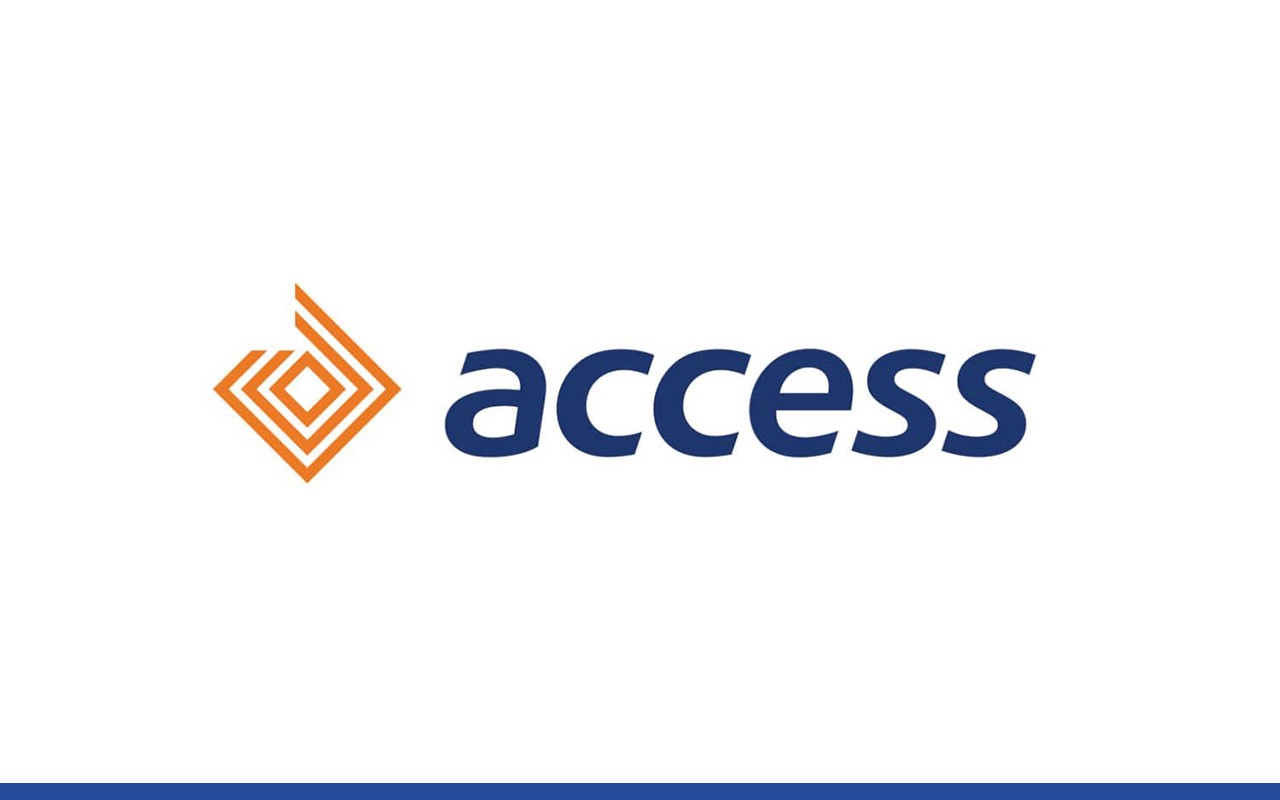Even before the Senate Committee on Banking, Insurance and Other Financial Institutions expressed concern over the decision of the Central Bank of Nigeria (CBN) to increase the minimum capital base of micro finance banks (MFBs), industry experts have called for a review of the new minimum capital base.
According to them, it will frustrating growth of the banking segment which will translate to drop in the visibility of MFBs, a strong arm of the industry driving financial inclusion amongst the very low income earners in the informal sector of the economy.
The CBN had increased the minimum capital base of Unit MfBs to N200 million from N20 million; State MfBs to NI billion from N100 million, and that of national MFBs to N5 billion from N2 billion.
Speaking during an oversight visit to the Nigeria Deposit Insurance Corporation (NDIC), Chairman of the Committee, Dr. Rafiu Adebayo Ibrahim argued that the new minimum capital base announced for MfBs by the CBN is a big minus to the target of the driving financial inclusion strategy especially for the very lower income earners who cannot access the services of commercial banks in rural areas.
Corroborating the Senate Committee decision, a branch manager of the surviving MFBs in Lagos who pleaded anonymity, decried the hike in new minimum capital base, saying “MFBs drive over 85 per cent of the growth of Small and Medium Enterprises (SMEs) because of their reach to majority of small business operators”.
“Recall that two months ago, over 158 MFBs were shut down due to capital inadequacies and that affected the growth of several small scale business operators across the country but nobody or government agency is trying to see how those businesses will be saved.
In his submission, the banker argued that “If the Central Bank of Nigeria (CBN), can inject about N786bn just to save one bank; Polaris Bank, why can’t it work out a template that will save majority of the closed 158 MFBs, 22 finance houses and many other mortgage banks”.
To him, “The new capital base is not in any way encouraging investment in the segment or the efforts of the government in fast tracking financial inclusion after all”.
Also speaking, a customer of one of the surviving MFBs in Lagos told our correspondent that “Many of my fellow traders doing business with the failed MFBs are now out of business because their money is trapped and efforts to pay them back by NDIC have been very confusing.”
Checks at the CBN showed that the regulator may not consider reviewing the new capital base regime even as the Senate Committee has expressed a strong commitment for the accelerated amendment of the Nigeria Deposit Insurance Corporation (NDIC) Act, 2006, to eliminate the gaps that have hindered the full realization of the public policy objectives of the implementation of the Deposit Insurance System (DIS) in Nigeria.
Managing/Chief Executive Officer of the Corporation, Umaru Ibrahim, updated the committee on the recent activities of the corporation including the response of the NDIC to the revocation of the licences of 153 Micro-Finance Banks (MFBs) and several Primary Mortgage Banks (PMBs), by the CBN including finance houses.
Analysts say the contributions of other financial services providers other than the commercial banks cannot be overemphasized and therefore should be given a soft landing as far as recapitalization is concerned.









